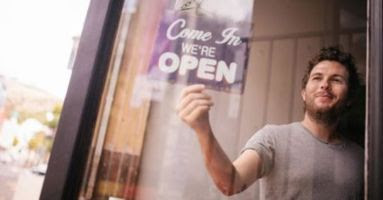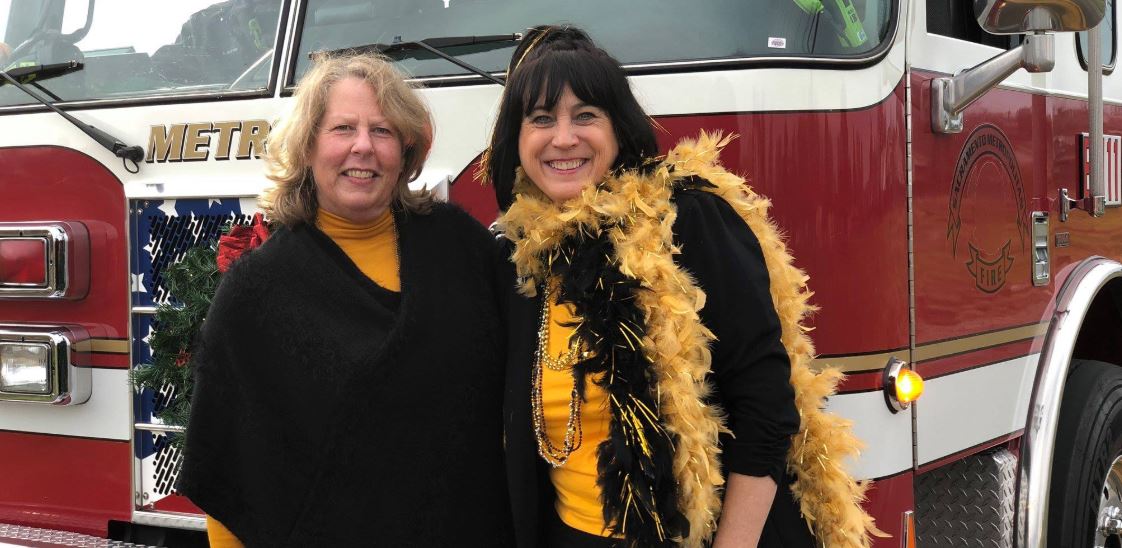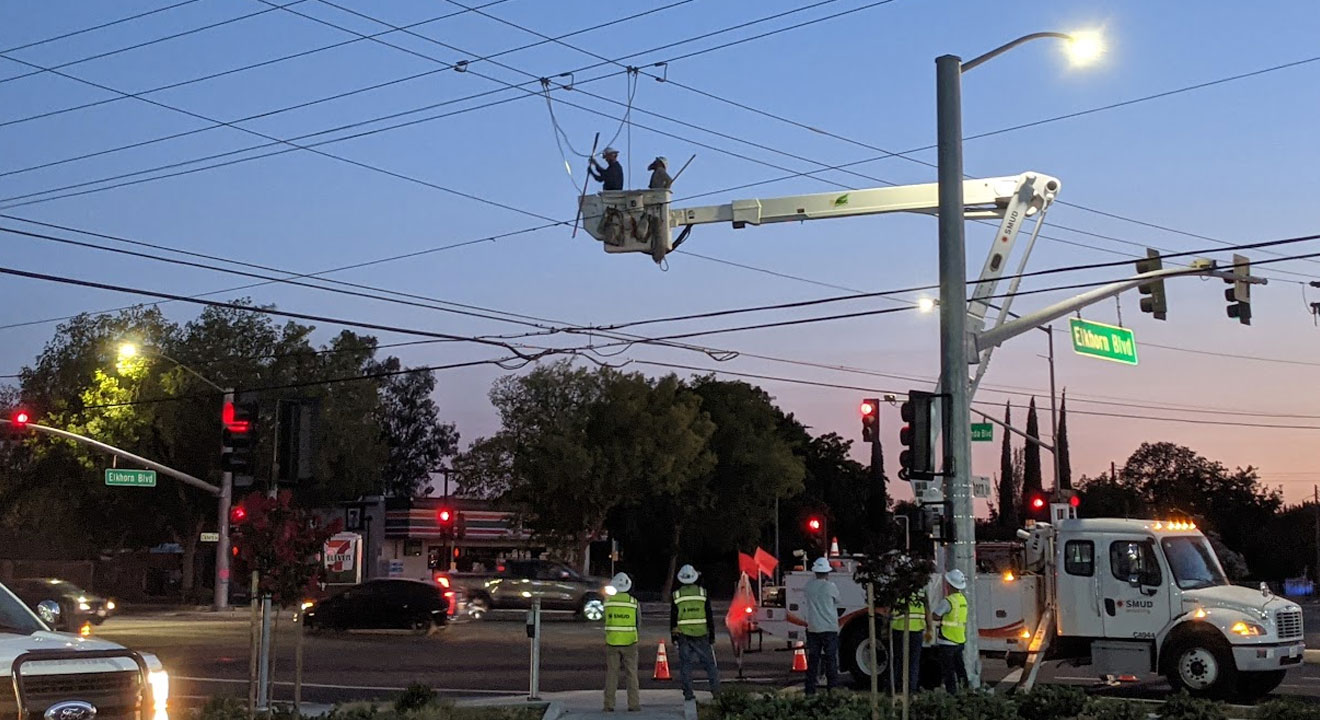In This Month’s Issue:
- COVID in the Homeless Community
- Sacramento County Homeless Program
- COVID Survey Paycheck Protection
- Mental Health Services Amid COVID
- For Sac County Business Owners

COVID in the Homeless Community

Over the past couple of weeks, I have had a large number of people ask me what Sacramento County is doing or going to do to help reduce the spread of COVID in the homeless community. In early April, Sacramento County and Sacramento City unanimously approved a joint plan that allocated more than $15 million for this purpose, so I want to take this opportunity to explain it to you so you can understand how we are addressing this important issue. The plan consists of three main parts:
First, we are keeping our existing emergency shelters safe and operational and expanding their capacity. For our existing shelters, we are providing guidance and supplies for how to keep facilities sanitized and properly implement social distancing. For six different providers, we have expanded or prioritized the highly vulnerable. In one instance, the North 5th Street shelter expanded to accommodate an additional 40 highly vulnerable homeless individuals.
Second, we are working to ensure the health and safety of everyone living outdoors. We are doing this by providing portable toilets and wash stations to homeless camps with more than ten people living in them. We are also going to be providing daily support to meet the hygienic needs the homeless have, such as hygiene kits. I have had some people ask me why we aren’t providing portable toilets and wash stations year-round, regardless of COVID. The reason is that portable toilets at homeless camps quickly turn into biohazard nightmares unless we provide heavy, daily upkeep. Doing so is extremely expensive, and the money can often put to better use elsewhere to help solve the problem.
Third, we are creating quarantine units for homeless people who have tested positive for COVID, are symptomatic, or are otherwise highly vulnerable. We are housing these people mainly at a few existing motels who have signed contracts with the County. Since hotels/motels have virtually 100% vacancy right now, this is a good fit for both parties. We are allowing homeless people access to the quarantine units based on a ranking, with the top rank being someone who has tested positive for COVID (which we have the complete capacity for). The second rank is for someone pending a test or exposed to someone who tested positive, the third rank is for someone aged 65+ with pre-existing conditions with symptoms, and the ranks go on from there.
I would like to think that from this overwhelming situation that has arisen, some good may be able to come out of it. For Sacramento County, we may be able to connect more homeless individuals with the services they need than we have in the past. We are getting our foot in the door to talk with them about long term housing and care, ways of getting them out of homelessness. Sometimes, that is how a crisis works. It comes along and throws us into chaos, but it also creates opportunities. Many people are struggling right now, but they are doing it from the comfort of their homes, while many people, including seniors and families, have no such luxuries. I hope we can capitalize on this opportunity and pull as many vulnerable people off the streets as we can, for as long as we can.
Sacramento County Homeless Program

While I know COVID-19 is on all our minds right now, I wanted to share some news with you about a homeless program that I spearheaded that I have been writing about over the past two years.
In March 2018 I wrote on this facebook page outlining why I thought Sacramento County was in need of a work program for people who are homeless. In March 2019 I put theory into reality and officially rolled out a one-year trial program that would not only employ people who are homeless but also work to beautify Sacramento County at the same time. I promised you that after the trial was completed, I would report back on how effective the program was.
I am sad to report that the program ended largely in failure – but we did learn some important lessons. I want to take this opportunity to explain to you why it failed, and what we learned. But before that, I want to give you a refresher on exactly how the program functioned.
40 homeless people were planned to be identified who were both willing to work and be clean from drugs and alcohol. Shelter would be secured for them, and they would clean the American River Parkway for minimum wage pay in the morning, and go through a job training program in the construction industry in the afternoon. After leaving the program they would then get help in finding employment by getting introduced to employers, being placed in internships, and receiving certificates that enable them to earn more than minimum wage.
Unfortunately, we were only able to get 8 people out of a goal of 40 enrolled in the program, with even less graduated. By far the biggest reason for this failure was because the people in our program could not stay off drugs. Not only could they not stay clean, but we couldn’t even find people who wanted to try getting clean. And we aren’t talking just about drugs like marijuana, we are talking about extremely dangerous drugs like methamphetamine and crack cocaine. There were other problems with the program as well, such as showing up to work on time and a hesitance to work specifically in the construction industry. But those problems paled in comparison to the drug abuse.
The last official homeless count done less than a year ago showed that Sacramento County has over 5,500 homeless people living within our borders. And out of those 5,500, we could only find 8 who were willing to be drug-free. This is a startling statistic and one that has caused me to learn two important lessons from this endeavor.
The first lesson I learned is that we must solve the underlying problems that homeless people have before we can work on job training. It is a wasted effort and a drain on the taxpayers for no benefit. We have to solve their drug and alcohol dependence before we can expect them to responsibly hold down a job.
The other lesson I learned is that the data we receive from the federally mandated point-in-time homeless survey cannot be trusted. In the most recent iteration of that survey from 2019, the data told us that only 9% of homeless people claim alcohol or drugs prevents them from keeping a job or maintaining stable housing. An article in one Sacramento paper even claimed this data proves it is a “Myth” that homeless people all use drugs. At the time I severely questioned this data, but now I know for certain that it is faulty.
Even though this program itself was not successful, I am still glad that we did it and think there is great value to learning the lessons that we have. I also take great personal issue with new government programs that are started and turn out to be ineffective, yet get funded for eternity – so I am happy that we have quickly changed directions once we found out things weren’t working.
I still believe that finding jobs for people who are homeless is an important piece to this overall problem that we are not looking close enough at. But I now realize with much greater clarity that there are bigger problems we have to get a handle on first.
COVID Survey

TAKE MY COVID SURVEY! I WANT TO HEAR FROM YOU!
I don’t think government has done a good enough job listening to exactly what the public feels about COVID, nor about how they feel the government should respond to it, and I want to create a convenient way for you to be heard.
Please take my survey, and share to your friends in Sacramento County!
Paycheck Protection Program

An important program is available for small businesses through the SBA: The Paycheck Protection Program.
The paycheck protection program is a loan for small businesses to keep their employees on the payroll. While it is a loan, the SBA will forgive loans if all employees are kept on the payroll for eight weeks, and the money is used only for specific expenses.
I encourage any small business struggling to keep their employees paid during this time to look into this.
Mental Health Services Available Amid COVID

Sacramento County has experienced increased mental health crisis calls to law enforcement since the COVID-19 public health stay at home order went into effect. Fear and isolation can have a devastating impact on anyone, particularly those that struggle with mental health issues. If you or loved ones need help, there are behavioral health services available to help before there is a mental health crisis.
COVID-19 has made connecting remotely a necessity. Recognizing this, health providers are conducting behavioral health appointments via telephone or video telehealth – which allows appointments from the comfort of your own home.
Anyone who has mental health concerns is encouraged to actively seek support and services from their Health Insurance Provider to request telephone or video telehealth services (or, in-person, when available) as behavioral health coverage is a federally-required insurance benefit.
The Sacramento County Behavioral Health Services Division serves Sacramento County residents, for those with, or who are eligible for, Medi-Cal and offers:
- Over-the-phone assessment and referral to a mental health service provider. Call the Mental Health Access Team: (916) 875-1055, or toll free (888) 881-4881, Mon-Fri, 8 a.m. – 5 p.m.
- Support to youth, and parents/caregivers of youth. Call or text 916-SUPPORT (787-7678), or go to www.thesourcesacramento.com for online chat.
- Guidance on how to approach a loved one about seeking mental health services. Contact the Community Support Team for information and resources: (916) 874-6015, Mon–Fri, 8 a.m.-5 p.m.
- Immediate mental health and/or co-occurring substance abuse services. Call the Mental Health Urgent Care Clinic: 916-520-2460
- Mobile Crisis Support Teams who work with law enforcement to provide mental health care while working to maintain community safety when there is a mental health crisis in the community.
Strategies for Maintaining Mental Health
During these unprecedented times of uncertainty, is important to find ways to manage stress. If you know someone who is struggling, reach out and ask how they are feeling. If you are struggling and need to talk, simply call, 1-800-273-TALK (8255). The Hope Cooperative Peer Support Line is also available to talk about feelings of anxiety or need supportive listening during the COVID-19 pandemic. Call 1-855-502-3224, Mon-Fri, 8 a.m.-5 p.m. Here are some additional mental health resources:
- Manage Your Mental Health and Stress Levels During COVID-19 (County)
- Get Mental Health Services Information (County)
- Stop Stigma Sacramento – Mental Illness: It’s not always what you think. (County)
- National Alliance on Mental Illness (NAMI) Sacramento: Online Support Groups
- Emotional Support and Wellbeing (CA)
- Managing Stress for Health (CA)
Learn about other COVID-19 resources on Sacramento County’s COVID-19 webpage.
Important Information for Sacramento County Business Owners

The County’s Economic Development webpage has been updated with specific information and resources for businesses impacted by COVID-19, available here. We will be continually updating it as new resources, grants, loans and news is made available.
This information has been sent out to our business email list, local Chambers, PBIDS and other community partners. We have also been coordinating with the Public Information Office on sending out updates with this information as well as local businesses hiring announcements through our social media channels. While some of our team is working remotely, our office downtown is still staffed and providing support to businesses calling in for assistance.

















